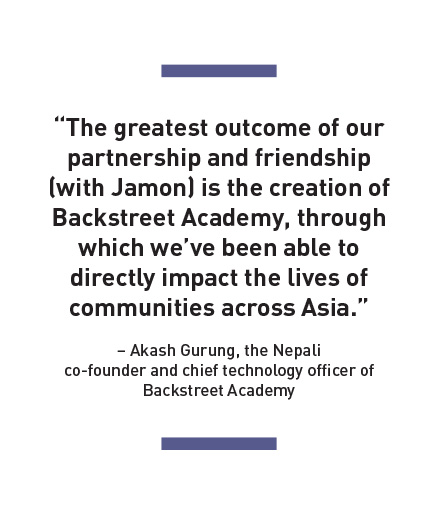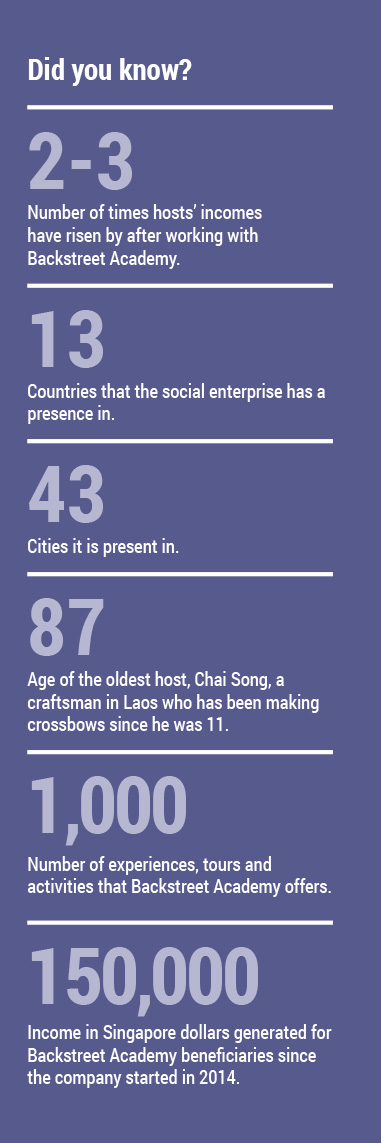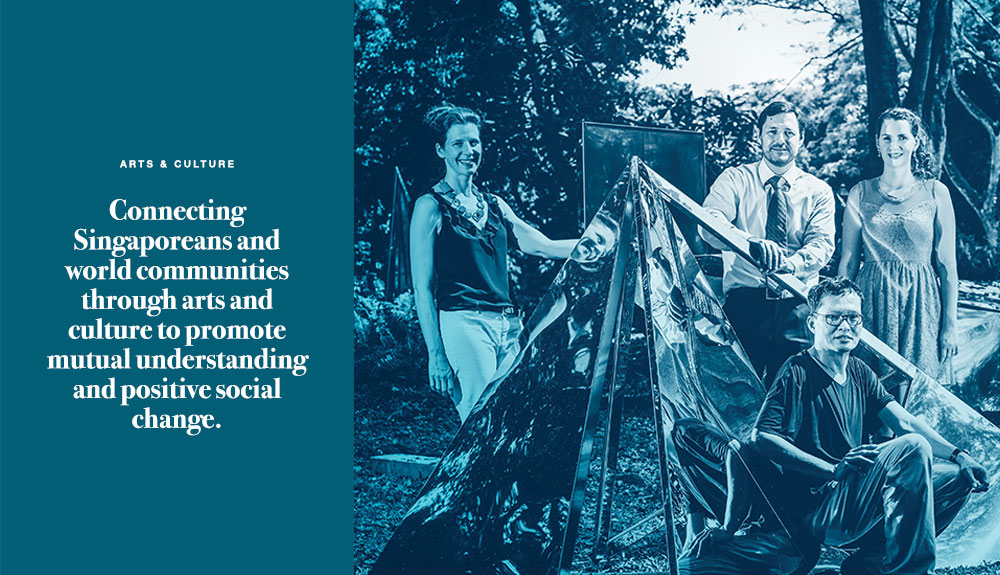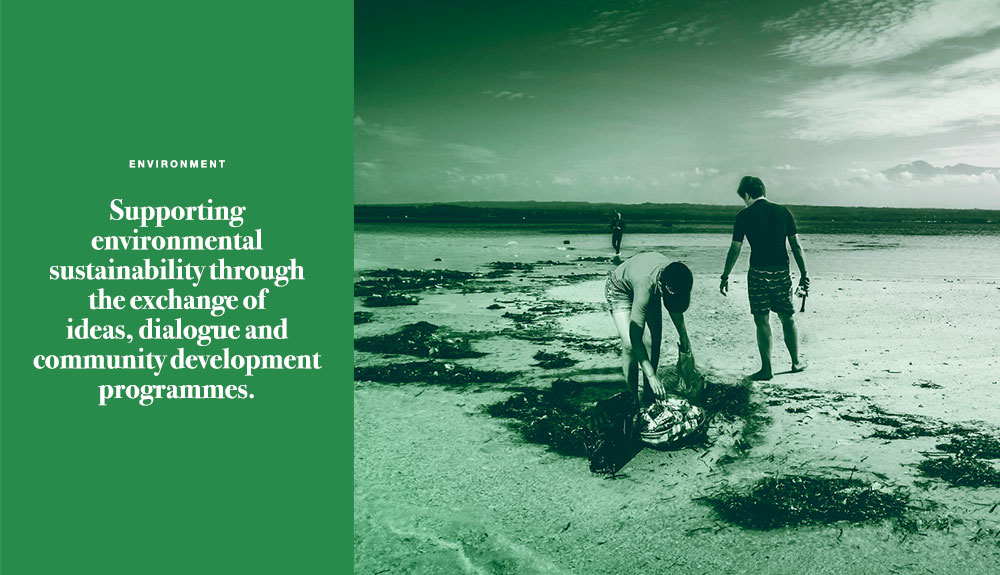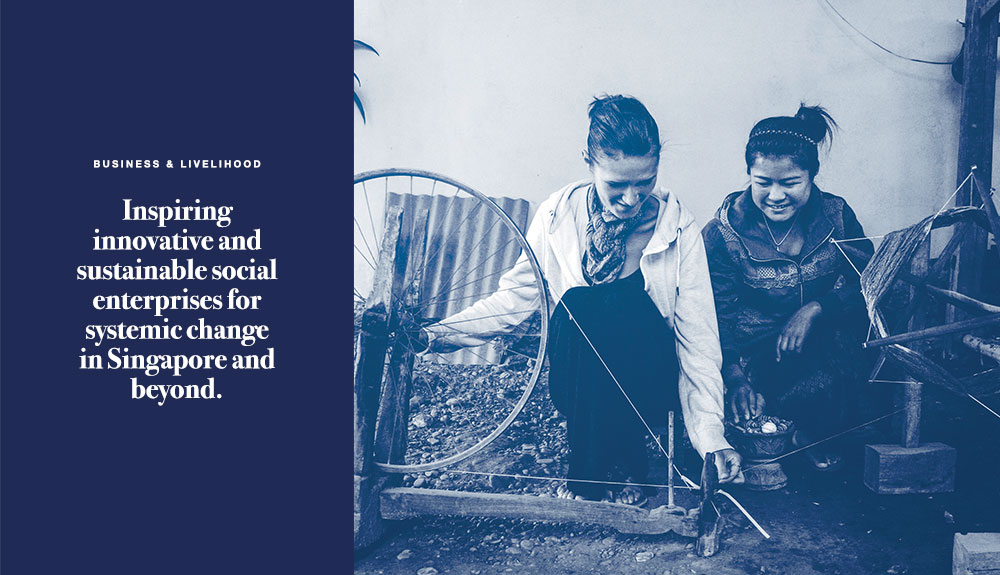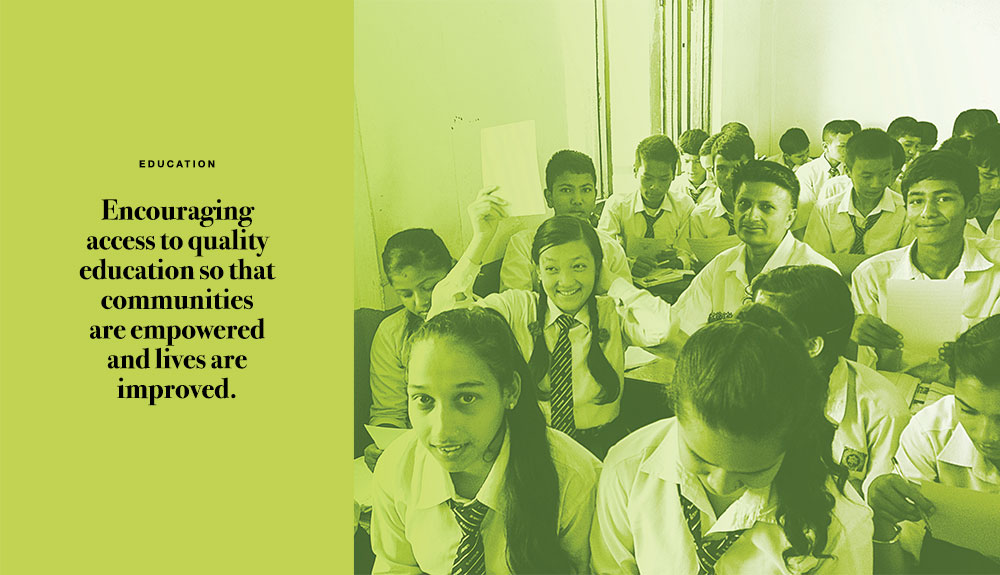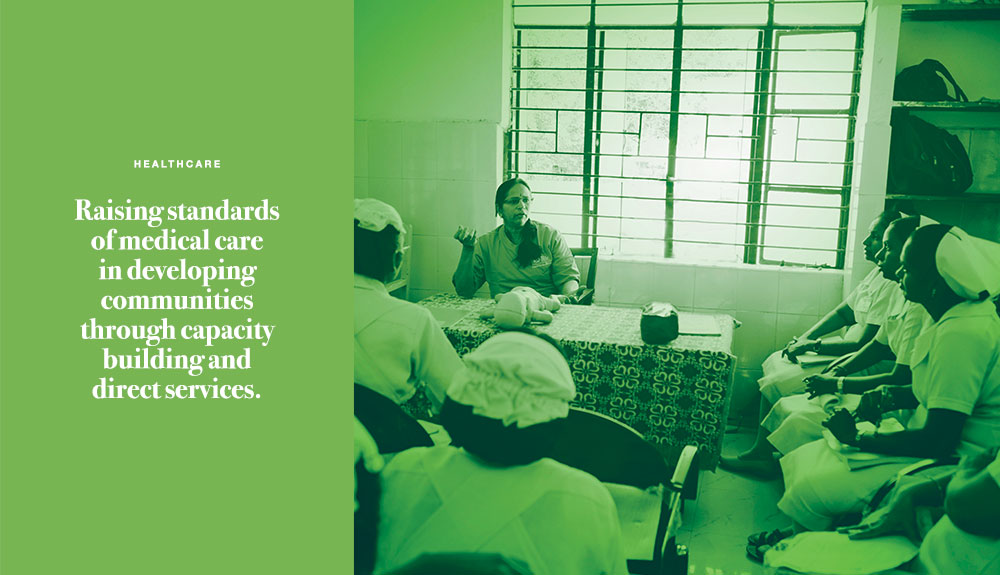
It all started with a wooden mask. In early 2014, Singaporean Jamon Mok was in Kathmandu, Nepal, doing work for the business that he had co-founded – a micro-fund called Gazaab Social Ventures that was one of four winning teams from the Singapore International Foundation’s Young Social Entrepreneurs (YSE) programme the year before.
One day, he saw a wooden-mask carver plying his trade outside his office and struck up a conversation with him.
“I came away with a beautiful wooden mask and a good friend. I paid him and he was thrilled, asking us to refer more people who wanted to have a lesson with him,” recalls Mok, 28.
That connection sparked off Backstreet Academy, which Mok set up with his Gazaab co-founders, Nepali brothers Akash and Anil Gurung, in March 2014.
The question they set out to answer: As a traveller, are you transiting or connecting?
Mok says: “We saw the opportunity to connect these skilled craftspeople, who needed help and were on the brink of poverty, with people looking for an alternative and authentic experience. This is how travel should be, every single time.”
Memorable cross-cultural connections
Many travel itineraries are crammed with tourist attractions.
“Yet, when asked about their most memorable travel experiences, most people recount encounters with friendly locals and seeing their way of life, skills and traditions as the highlights,” says Mok. “That’s why there needs to be a simple way for people to travel like this.”
The Singapore-based social enterprise sees itself as an “orchestrator of connections”. It works with nongovernmental organisations (NGOs) and disadvantaged communities in 13 countries, such as Cambodia, Vietnam and India, linking travellers with local experts and craftsmen, known as “hosts”.
Travellers get to understand the art, culture and traditions of the places they visit, as well as the locals’ everyday lives.
The exchange, says Mok, is dignified: “The locals give what they can and show their best hospitality from their hearts. In turn, it almost always inspires travellers to help the hosts. These experiences ensure the hosts lead their lives in a sustainable way, while not giving up the authenticity of impact travel.”
Making a positive impact is a goal…
By working with Backstreet Academy, local hosts have seen their incomes rise two to three times from before, “moving many of them out of poverty”, says Mok. He adds that the company has helped to generate more than S$150,000 in income for its beneficiaries since it started.
The hosts also gain intangible benefits. Those who conduct classes are respected and their standing in the community is elevated to “master” or “teacher”. He says: “They are no longer regarded as production-line workers.”
The local hosts learn to run their own tourism micro-enterprise too. They can get training on hosting travellers, running a business and learning English.
“They are very delighted that so many people are interested in what they do and want to learn from them,” says Mok.
Backstreet Academy’s goal is simple. “Our mission is to alleviate poverty through social entrepreneurship. In connecting people, we foster understanding, create an appreciation for diversity and break down barriers.”
…And so is making friends and growing networks
Having run the business for two years, Mok has built firm social networks with the hosts and the company’s NGO partners.
“Our foreign partners always tell us Singaporean companies live up to their promise. We are professional and effective in creating impact, and they feel safe and happy working with us. Many of them want to visit the country some day.”
One key lesson Mok has learnt about these cross-cultural exchanges is that deep down fundamentally, people are the same.”They want better lives for their families, are all very hospitable and able to do great things when empowered.”
For instance, each time he visits Phnom Penh, he visits fisherman Ramorn Mean on his houseboat, bringing with him gifts such as fruit. Ramorn says: “Ever since I joined the programme, I have enough to feed my family. I earn very little when I do not teach tourists – 200,000 riels (S$65) at the very most. If I have clients to teach (about fishing), my income can be as high as 400,000 riels.”
As Akash, the Nepali co-founder and chief technology officer of Backstreet Academy, reflects: “The greatest outcome of our partnership and friendship (with Jamon) is the creation of Backstreet Academy, through which we’ve been able to directly impact the lives of several communities across Asia, in a way that no other organisation or company has done to date. The combined result of our ideas and efforts has created a model for the future of travel and tourism.”
The ultimate aim – connecting people around the world
Mok hopes to one day take Backstreet Academy global and bring the world closer together through authentic and meaningful experiences. “Our vision is to bring it to all the communities in the world and help make impact travel ubiquitous,” he says. He intends to build a stronger presence in South-east Asia, before moving on to Africa, Eastern Europe and South America.
“One day, wherever you go, there will be a Backstreet Academy where you can try something you never had the chance to try, meet someone you otherwise never had the chance to meet and have an experience so remarkable it’ll stay with you for life,” he says. “At the same time, you will know you are making a difference to the people hosting you.”

